You don’t often hear the words “musician” and “retire” in the same sentence, but Harold Danko finds himself retired after 19 years teaching at the Eastman School of Music in Rochester, N.Y.
Retirement has opened up a whole new musical dimension for the jazz pianist and 1965 Brookfield High School graduate.
Danko, 71, studied at Youngstown State University, spent a stint playing music in the army, and then played for Woody Herman, Gerry Mulligan, Lee Konitz, Liza Minelli and the Thad Jones/Mel Lewis Orchestra before taking the job at Eastman, where he was chair of the Jazz and Contemporary Media Department for 11 years.
Being an administrator “was never part of my goal,” he said.
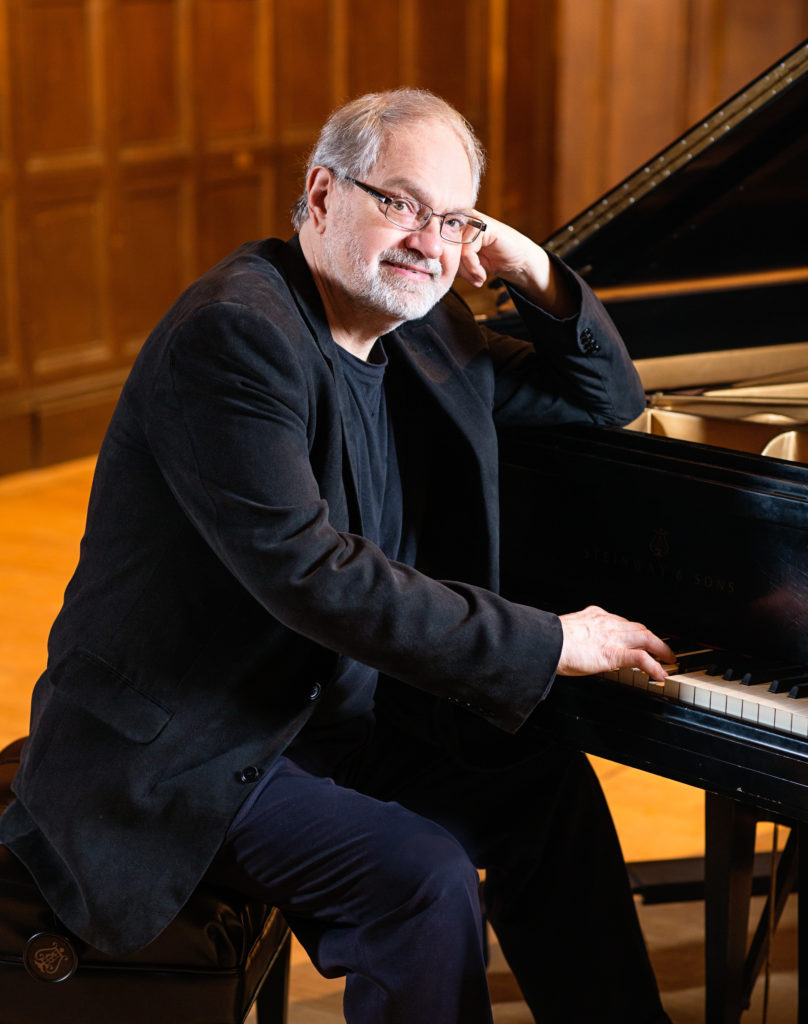
“The teaching thing, dealing with 20-year-olds, that is always nice,” he said. “They want to learn music. Dealing with adults that are telling you you don’t have the budget to do that, or whatever it is that adults talk about, really got old.”
Danko found he had a small pension from the New York Musicians Union from “years and years of playing cocktail piano at hotels and whatever else I did,” he said, and retired in July 2017.
Having downsized his home and moved to a new one in East Rochester, N.Y., Danko has a busy schedule of playing music ahead of him.
“I want to play music,” he said. “I don’t mind teaching in some way, (but) not in the way that I had done for years.”
Danko recently did a few dates in Canada with saxophonist Pat LaBarbera. He’s going to Taiwan this month for a week-long residency at a music school, and also has a residency set in Florida at a school where one of his former students now teaches.
He is booked to play solo piano this summer at the Rochester International Jazz Festival, where he has been featured regularly.
Also this month, SteepleChase, the Danish label he has recorded for for years, will release “Play Date,” the album he made with cornetist Kirk Knuffke. The pairing was the idea of SteepleChase founder and producer Nils Winther.
“I didn’t have anything in mind particularly (to record) and then he (Winther) said, let’s do something with somebody out of my normal circle of friends, of musicians that I know,” Danko explained.

In true jazz fashion, Danko and Knuffke had not met before they entered the studio, but Danko said it was a good pairing with Knuffke bringing out the “adventurousness” in him.
“The recording alternates between Duke Jordan tunes and our free vignettes,” Danko said. “The free things we play are pretty short … and then the Jordan things are more like actual tunes.”
Jordan’s “Flight to Denmark” album is one of SteepleChase’s biggest sellers, and “Play Date” includes three versions of the song of that name.
“They’re very different,” Danko said of the three versions. “It’s a simple blues (tune). We almost weren’t gonna do it. I said, ‘Oh, let’s try this.’ We did. ‘Let’s try another one.’ The next one was totally different. Then, we tried a third one just to say, ‘Let’s see what else we can do,’ and it just kind of lent itself to what we were doing. It’s a simple enough tune we could go in three different directions on it.”
The free tunes have no preconceived structure to them.
“We just kind of start and listen to each other,” Danko explained.
Free playing is associated with performers such as Ornette Coleman, John Coltrane and Sun Ra, but not Harold Danko, he said, although it is something he enjoys. Playing free allows him to process a lifetime of absorbing music, “and then seeing what comes out,” he said.
“My attention span is pretty short,” Danko added. “It’s about three minutes and then I’m ready to do something else. I can’t carry on for half an hour. That’s why they’re more like vignettes.”
Danko has started composing again – he wrote a tune for LaBarbera – and wants to focus this next phase of his musical life on his own music.
“I am a specialist in my own music,” he said. “Nobody else is playing it. Herbie Hancock is not playing my music.”
By specializing in his own music, Danko means seeing where it can take him musically. He said he finds some of his older tunes challenging because he hasn’t spent much time with them since they were written, and he has skills and experiences that he didn’t have when he wrote most of his songs. That can impact how he plays.
“Since it’s my own tune, I can mess with it,” Danko said. “I can be disrespectful. I can play the thing however I want to. I can play it backwards if I wanted to and not feel any insult.”
Danko said he believes he is playing better than he ever has, partly because he is taking better care of his physical self. He works out just about every day, has lost weight and looks on retirement as an opportunity.
“I also want to collect Social Security for a long, long time,” Danko said. “The better health I can be in, the longer I can collect it.”

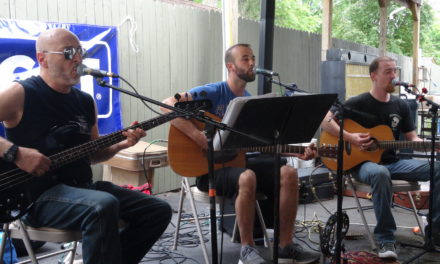
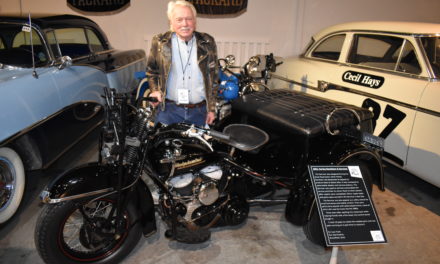
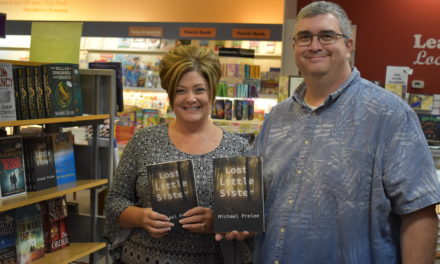
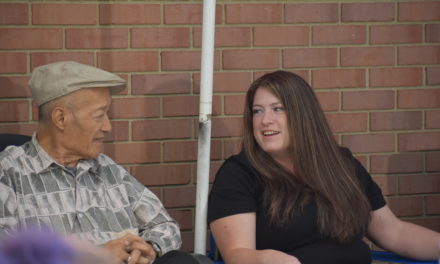




Most interesting piece on an Ohio jazz master. Thank you!